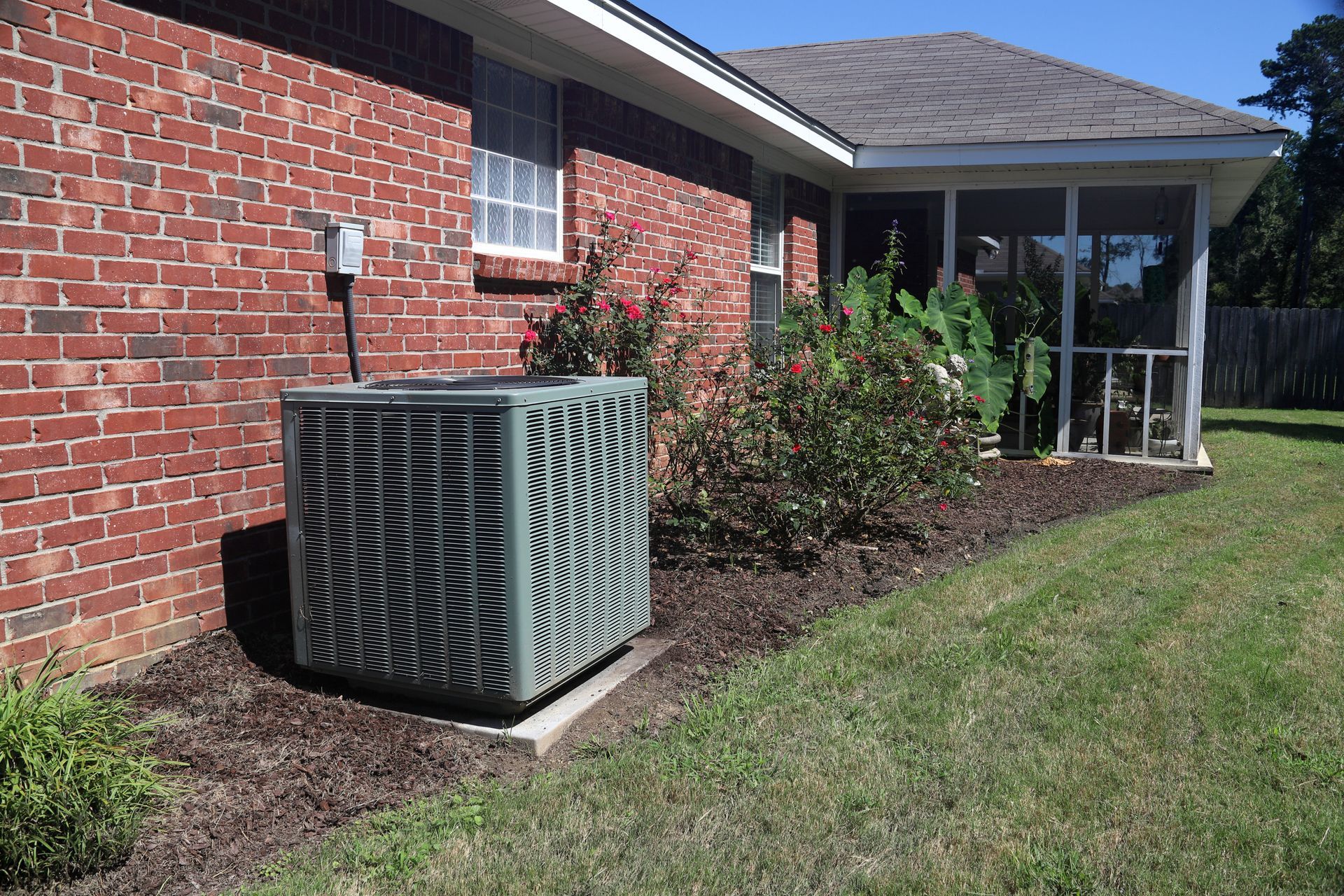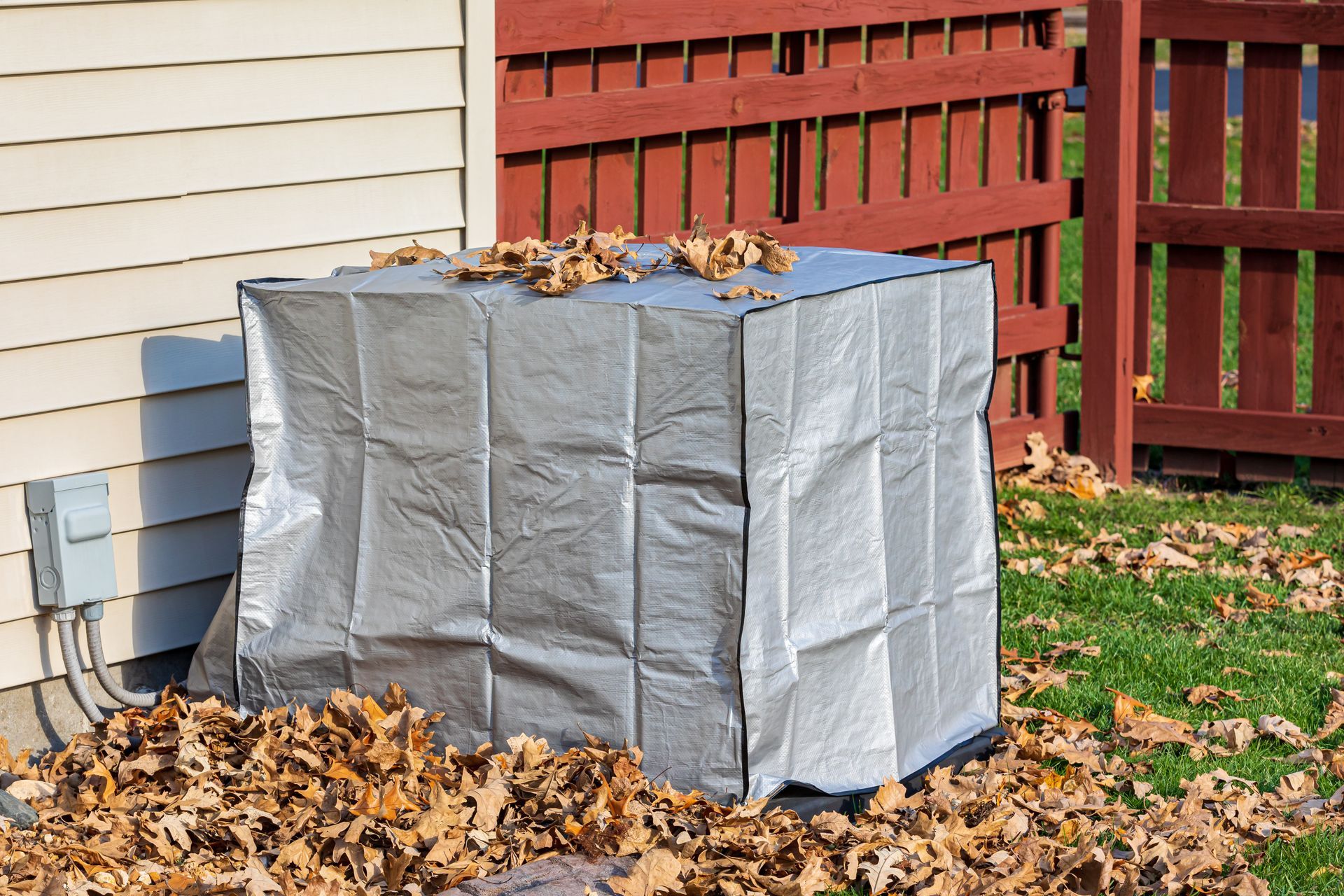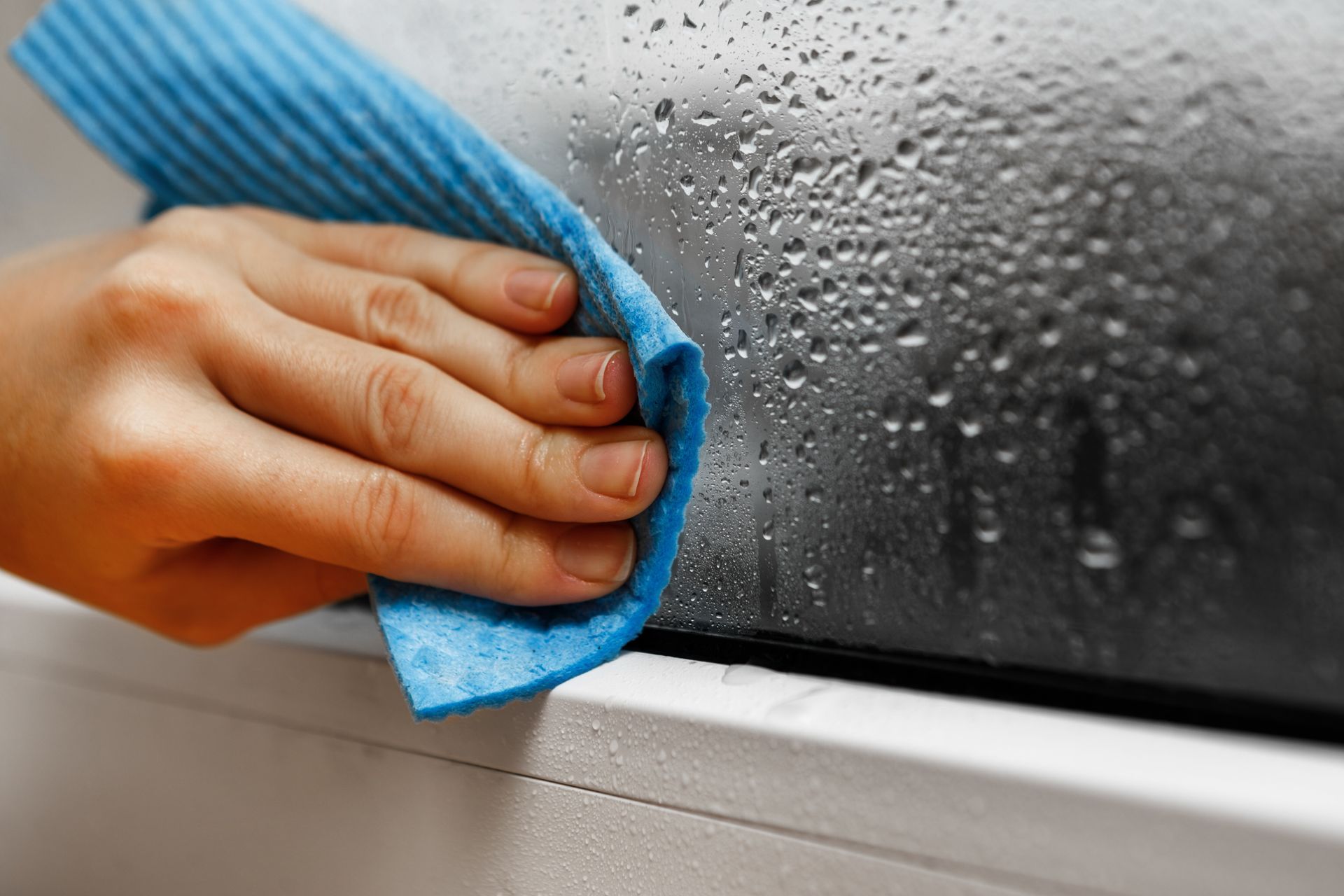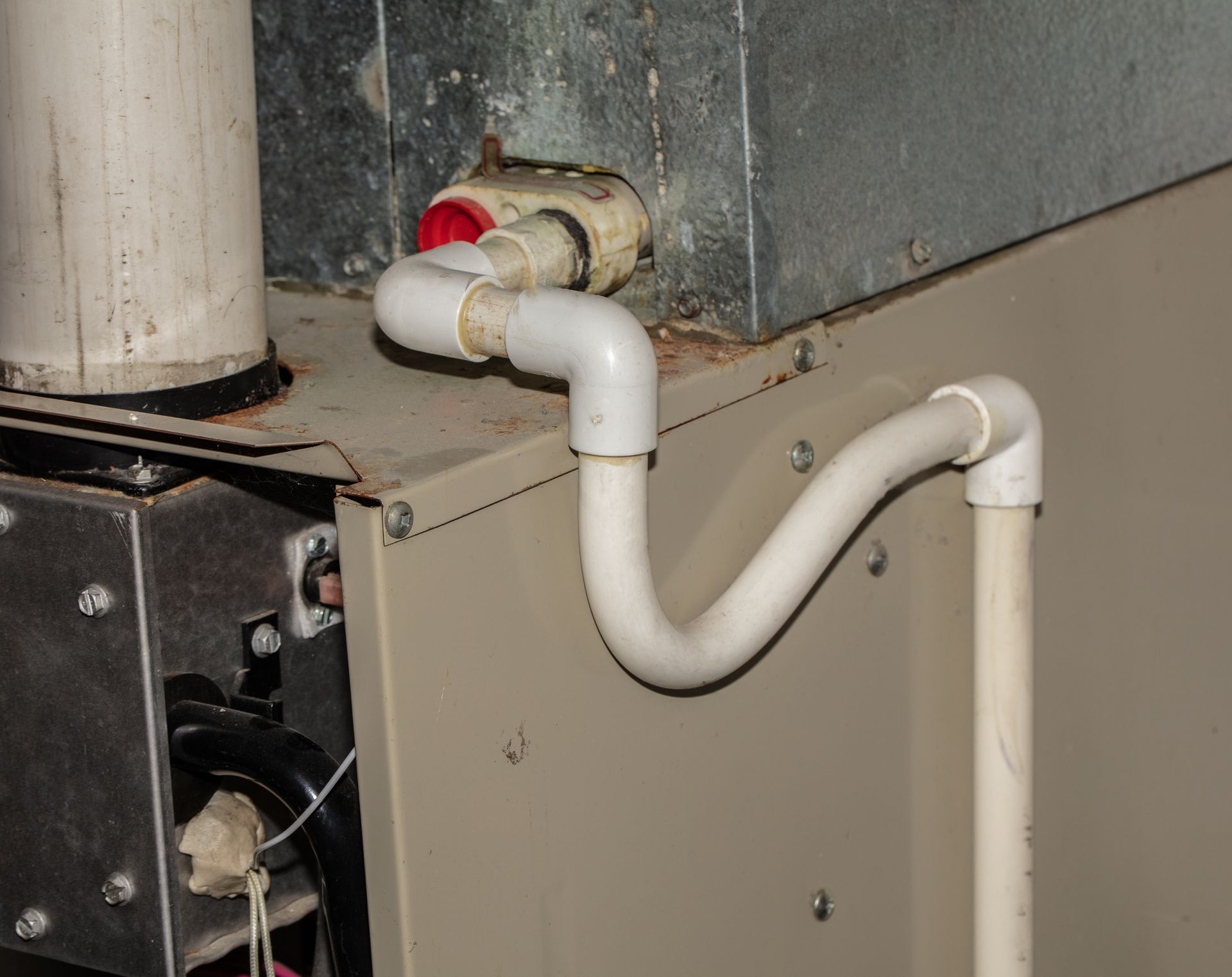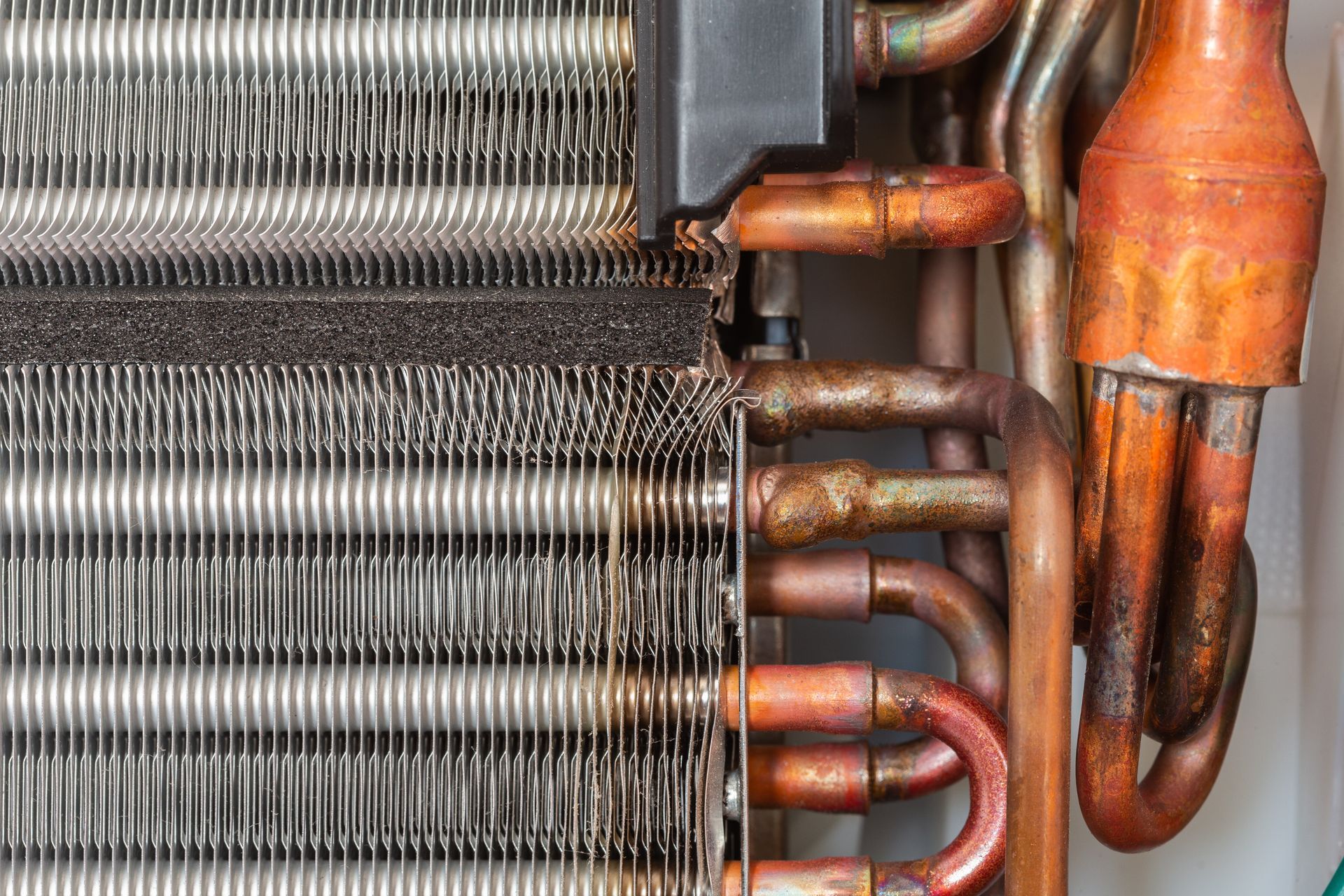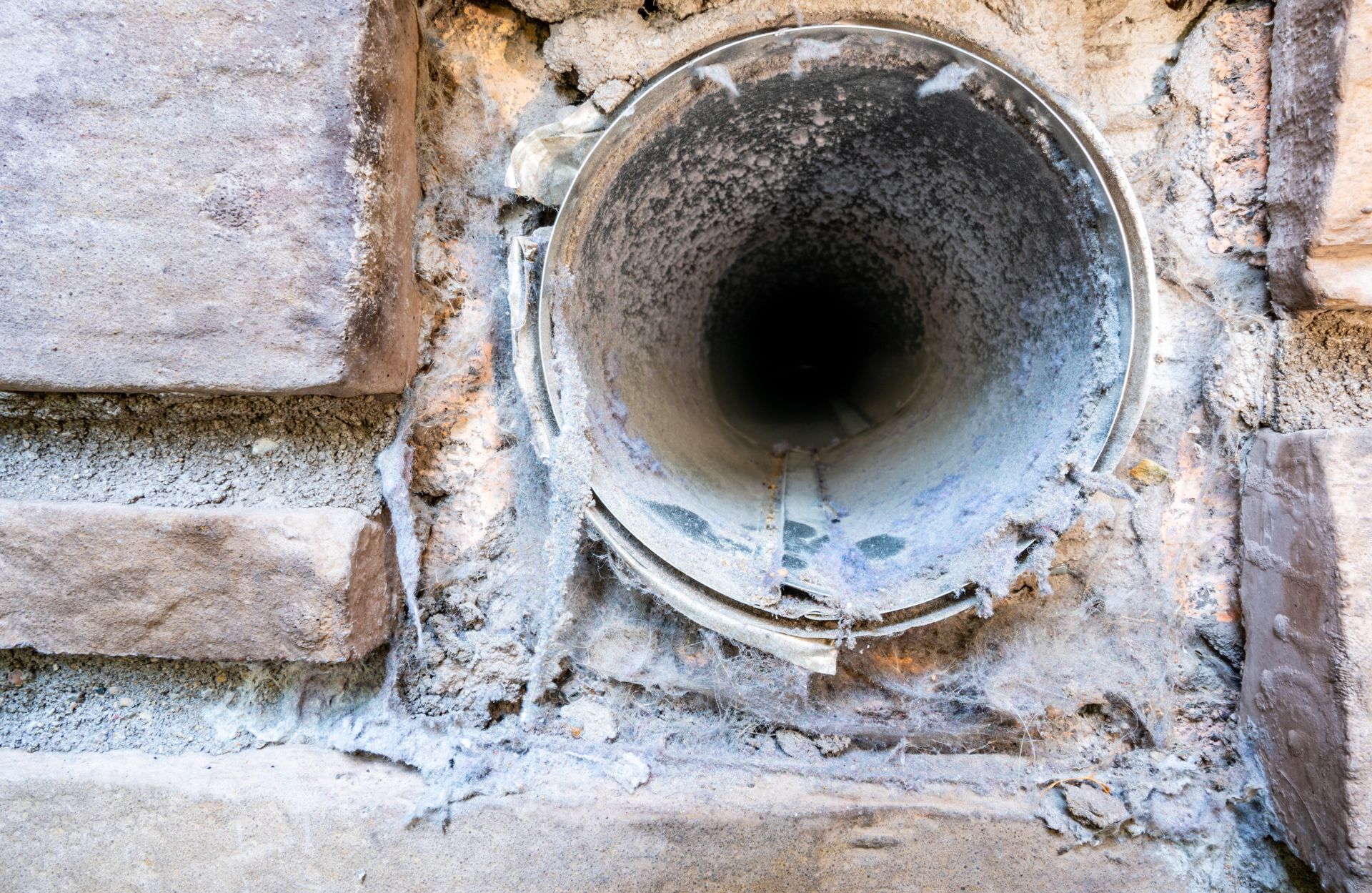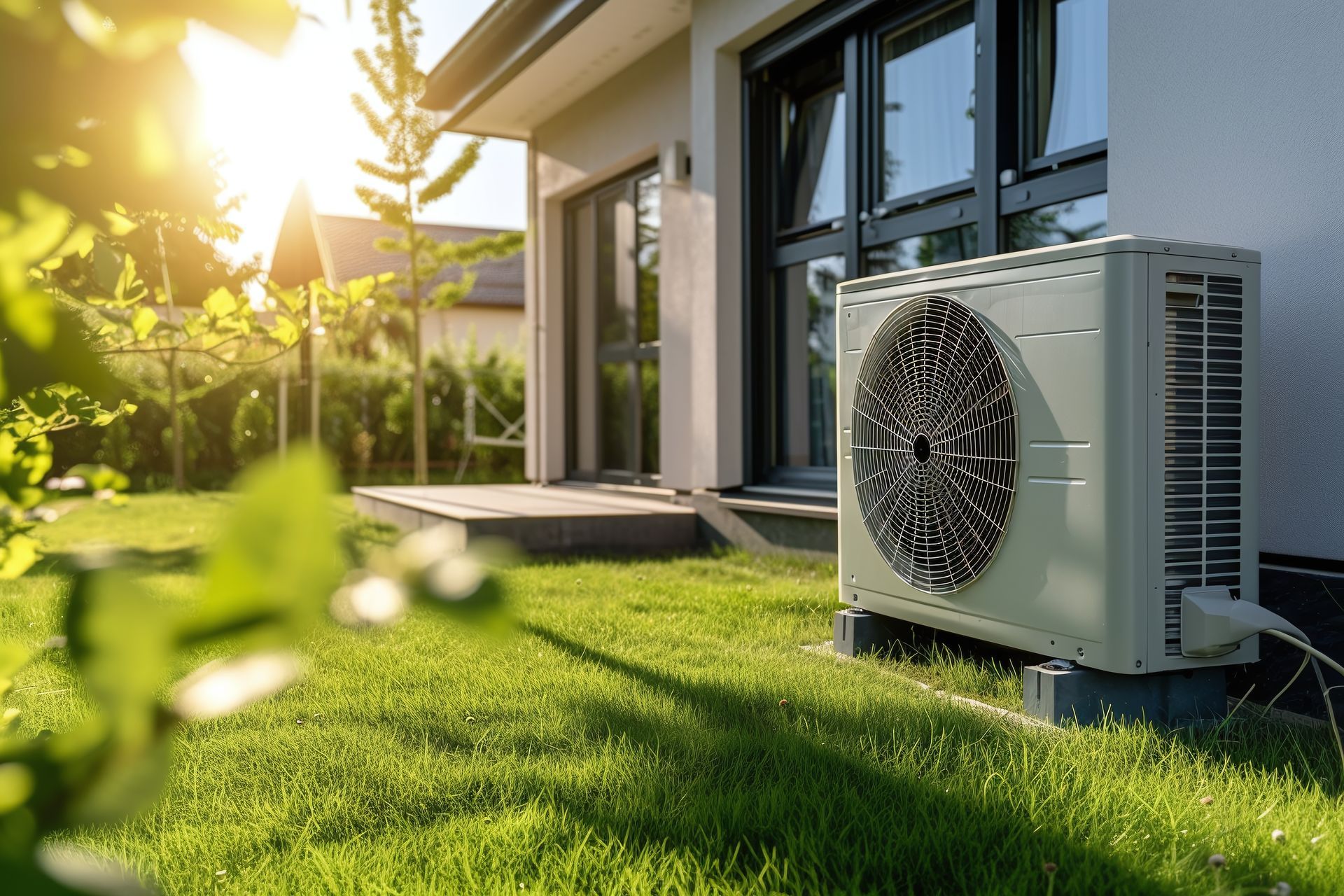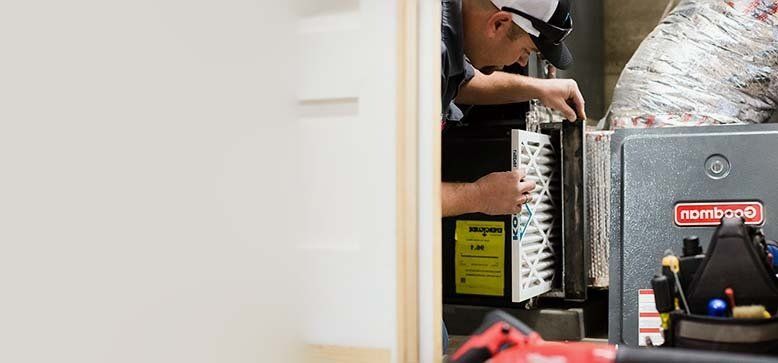How Big of an AC Unit Do I Need for My Home?
What Size AC Do I Need?
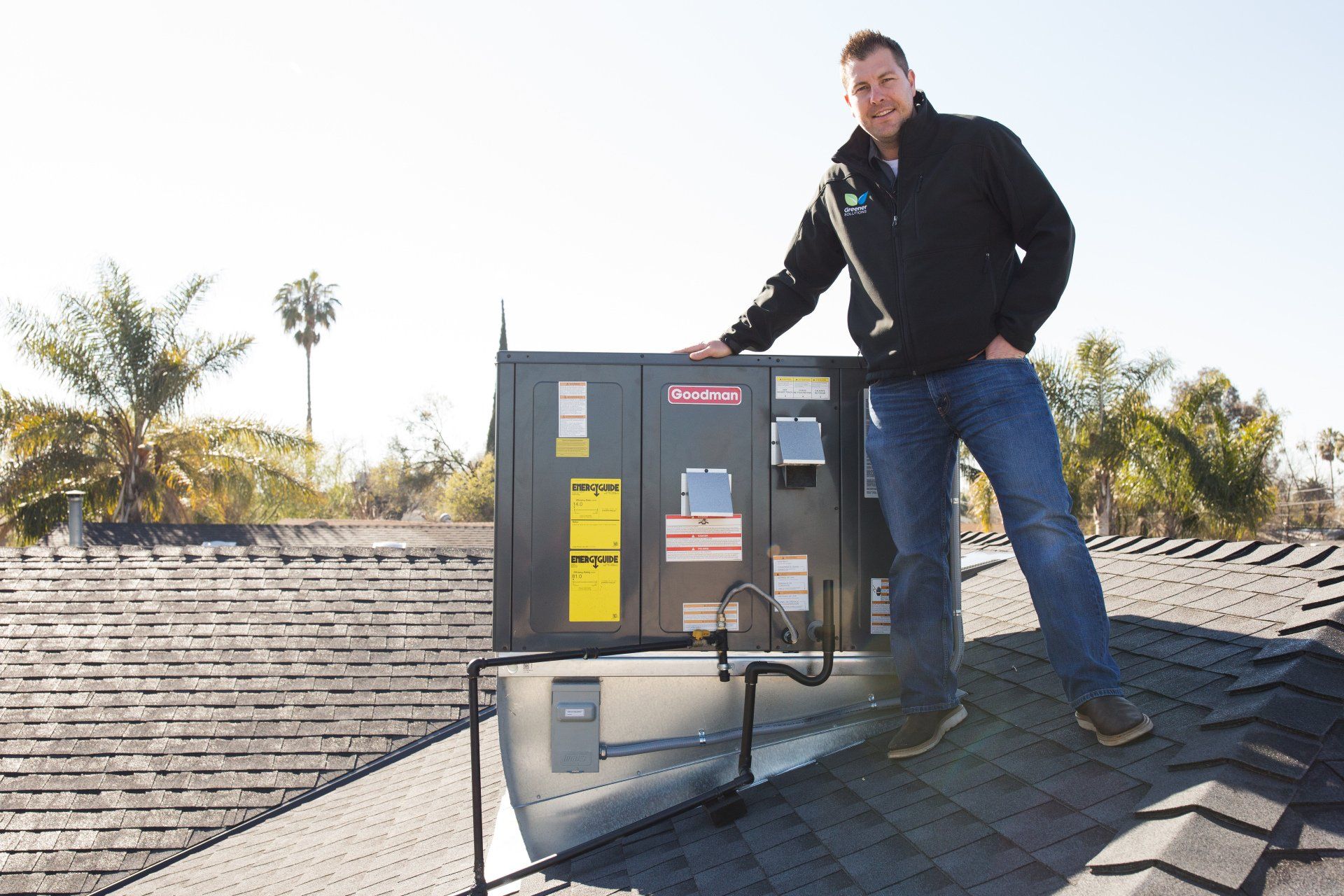
When considering purchasing a new AC unit, one of the first things you have to figure out is what size AC unit you need. Knowing how much power and output you need to cool your home effectively and efficiently will save you money in the long run as well as ensure that your AC unit lasts as long as possible. Having an oversized unit will waste money as it burns unnecessary energy from cycling on and off too frequently. This type of rapid on / off cooling prevents humidity from being pulled from the air properly which may feel cooler but results in damp air which can chill your bedding and linens at night.
Units too small, may result in AC units that are overworked as they must continually run to maintain desired temperatures. In the event the unit is far too small for a given space, there is the possibility that the unit will fail to maintain cool temperatures at all. Luckily, there are several methods and general rules of thumb that might help you determine what size AC unit your home needs.
AC Size Considerations
There are several factors that come into play when determining the size of your AC unit:
- The size and square footage of your home
- Your location and the local climate of your home
- The age and quality of your ductwork
- The size, quality, and number of windows you have
- The orientation of the home & windows
- How shaded / sunny is your home?
- Insulation: How much? How old? & What quality?
- How many people live in the home?
- How many appliances generate heat?
- Heat transfer between walls
Each of the different variables can add or reduce the number of BTUs necessary to keep your home cool. Even the location of your home plays a role in determining the size of your AC unit.
Step 1: Determine How Many BTU / Tons Your Unit Needs
Method 1: Manual J Calculation
The most accurate way to determine what size AC unit you need is to have a professional do a Manual J Calculation for the house. This measurement provides the most accurate results because it accounts for factors like:
- Square footage
- Climate zone
- Ductwork
- Number of windows
- Ceiling height
- Insulation
- # of people
- Appliances
- Thermal characteristics of structure
This calculation used to be a process that required much skill and experience but these days most HVAC technicians have access to proprietary calculators that help determine the optimal AC size. That being said, this method may be a little too complicated for someone who is just trying to ball park their AC unit size.
Whole House Heat Load Calculations
This estimate is the most common and accounts for the square footage cooling needs of an entire home. This calculation accounts for the factors listed above and assigns each variable a +/- indication and a set percentage rewarded or penalized from a given output.
For example:
Climate zone will be assigned a different variable that is determined by map location due to each zone requiring a different level of output based on local climate and temperatures.
- Zone 1 -> +8%
- Zone 2 -> +6%
- Zone 3 -> +4%
- Zone 4 -> +2%
- Zone 5 -> 0%
It is always recommended that you conduct a whole house Manual J calculation if the ducting is not going to be repaired / replaced.
Room by Room Load Calculations
This calculation applies the same exact inputs as the whole house calculation but for each individual room in the house. The number of BTUs necessary for each room is totaled up to determine optimal AC unit size.
The room-by-room calculation is the most accurate and is recommended when ducting will be repaired/replaced with the AC unit.
It is also recommended that ducting is inspected and repaired to ensure that the support systems providing and distributing air to & from your HVAC system isn’t losing air, efficiency, and power from gaps, leaks, and obstacles. It is important to note, that no matter how efficient your AC unit is, if the ducting system allows for poor output, any savings gained will be lost through ducting leaks.
Method 2: Square Footage Measurement
The more common way to calculate acceptable AC size is by using a rough estimate based on the square footage of your home. The chart below covers most home sizes and provides an estimate of how many BTUs will be required to keep that home cool.
| Home Square Footage | BTUs Needed |
|---|---|
| 100-150 | 5000 |
| 150-250 | 6000 |
| 250-300 | 7000 |
| 300-350 | 8000 |
| 350-400 | 9000 |
| 400-450 | 10000 |
| 450-500 | 12000 |
| 500-700 | 14000 |
| 700-1000 | 18000 |
| 1000-1200 | 21000 |
| 1200-1400 | 23000 |
| 1400-1500 | 24000 |
| 1500-2000 | 30000 |
| 2000-2500 | 34000 |
| 2500+ | Contact |
DIY Estimates for AC Size
Once you have an idea of the required BTUs, you can determine the required tonnage. Tonnage refers to how much space your air conditioner can cool. One ton is the equivalent of cooling 12,000 BTUs in an hour.
The equation used to determine what the required tonnage of your AC unit should be is:
(((Square footage x 30) / 12,000 BTU) - 1) = Required Tonnage
So if you’re home is 850 sq ft, then your calculation would look like:
(850 x 30) / 12,000 – 1 = 1.125 or 1.5-ton AC unit
IF you live in conditions that are warmer or have lots of people living in one household, it makes sense to repeat the calculation without the final (-1) calculation included
(850 x 30) / 12,000 = 2.125 or 2.5-ton AC unit
What is AC Tonnage?
A ton is referring to an AC unit’s capacity to extract heat from the air in one hour. It was historically determined that it takes 286,000 British Thermal Units or BTUs to melt one ton of ice in 24 hours which is how the 12,000 BTUs per 1 ton of AC capacity was found. This calculation is how tonnage is determined on all AC units.
- 12,000 BTUs -> 1 Ton
- 18,000 BTUs -> 1.5 Tons
- 24,000 BTUs -> 2 Tons
- 30,000 BTUs -> 2.5 Tons
- 36,000 BTUs -> 3 Tons
- 42,000 BTUs -> 3.5 Tons
- 48,000 BTUs -> 4 Tons
- 60,000 BTUs -> 5 Tons
Step 2: Deciding Which AC Unit to Buy
Once you determine the size of the AC unit you need to buy you can use that metric to find an appropriate AC unit that is rated for your needs. Or you can convert the BTU requirements into tonnage to determine the AC unit size. If your AC unit size requirements fall in between 2 sizes, always opt for one size up to ensure that your system can handle even the most demanding needs. Having a little extra power isn’t bad, and we definitely want to avoid getting an AC unit that isn’t strong enough to cool your home.
Proper System Sizing
In addition to determining size by performing the residential load calculations, you can also check the existing AC unit to determine size. Manufacturers generally don’t post the AC unit size but the system capacity can be found in the model number on the product information sleeve. The product model number will generally be a series of numbers that will usually include a metric similar to those found in the BTU chart but without the 000 indicators. So if the product code contains any number that is divisible by 6 or 12, that usually indicates the BTU count.
For example: product model # XYZ003611Y
We would assume that the 36 indicates that the AC unit is a 36000 BTU system which would result in a 3 ton AC unit replacement.
Why it is Important to Get the Right Size AC Unit
Before energy costs were as high as they are now, it was common to just get the largest AC unit you could afford. With recent spikes in peak energy usage driving up costs, running an AC unit when it is not being used can get expensive. This is why it is important to correctly size your AC unit so you don’t end up with a unit that is too powerful or not powerful enough.
Too Big
- Cost more per unit and for installation; even one size to big can cost you and extra $800.
- Increased electric bills and maintenance costs
- Cycles on and off continuously as the unit rapidly cools a room then cycles off until it is needed again
- Does not remove humidity efficiently due to cycling on and off
- Does not provide even cooling throughout the house due to air not getting a chance to distribute
Too Small
- Won’t be able to maintain a comfortable environment on the hottest days
- Will have to run continuously as it combats higher temperatures
- Uses a lot of energy running at maximum cooling capacity especially during peak hours
What Does AC Size Affect?
AC size has an impact on several important considerations. These should be accounted for when making your decision when purchasing a new unit.
Cost
I think it’s a safe assumption that the more powerful an AC unit is, the more expensive it likely is.
Price of Unit
Central AC units can run between ~$3k for smaller 2-ton units and climb higher than $10k+ for top end 5 ton AC units. Shopping around with the help of a licensed HVAC specialist will give you a much better understanding of prices for AC units in your market.
Price of Installation
Central AC unit costs are only a portion of the overall total costs if you factor in installation. Depending on the size of the unit, installation can cost between $3,200 and $7,800. This is a wide range so be sure to factor this in if you are planning an install.
Durability
Your AC unit may have durability issues if the size is off which can cause a unit to run constantly, which will require much earlier maintenance. It can also cause the unit to cycle on and off repeatedly, also called short cycling which shortens the overall lifespan of the AC unit.
Cost of Utilities
Having the correct AC unit size is pretty much the only way to ensure that you are using your air conditioner efficiently. Any difference in size can prompt the machine to draw more power than it should which causes unnecessary increases in your power bills. Much like the issues that prompt durability problems, both running excessively and short cycling are bad for utility costs.


